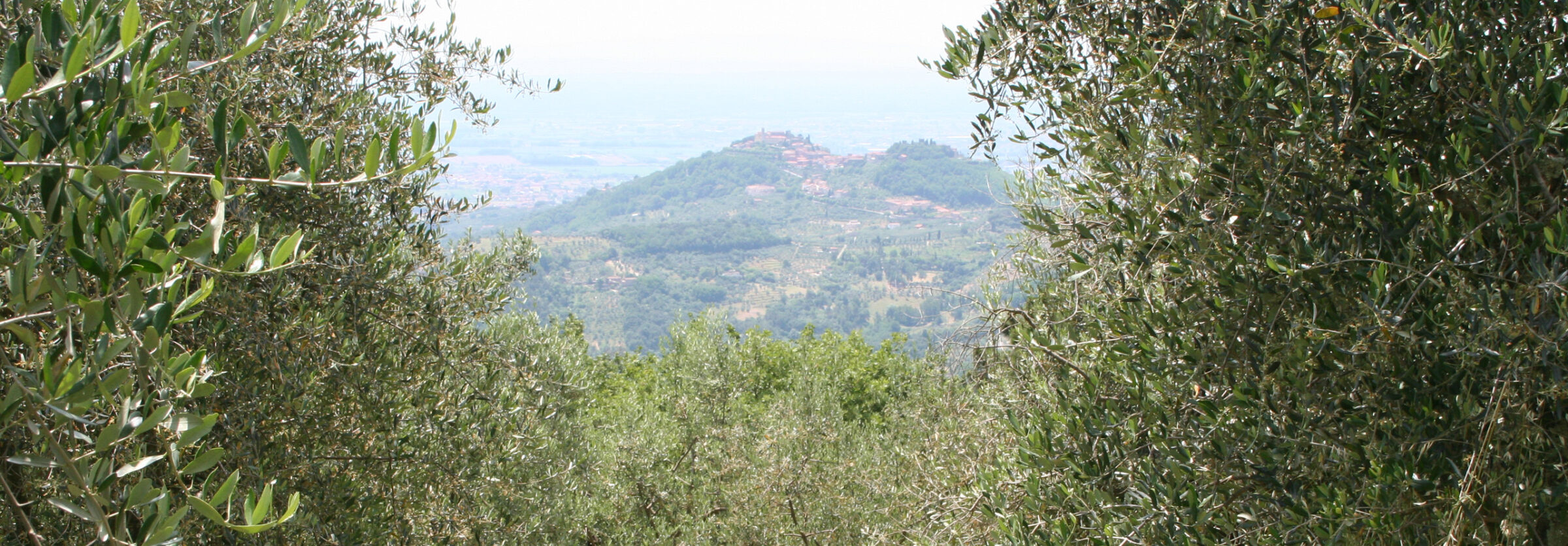Anti-aging for People and Fruit
It tingles in the throat and has a slightly bitter note: a reliable sign of freshness, high nutritional value, and authenticity of the olive oil! These bitter to pungent-tasting substances protect the oil from oxidative spoilage and rancidity — and protect us from harmful free radicals.
What causes the tingling are polyphenols, also called “antioxidants” — these are the compounds that keep the olive flesh healthy until full ripeness and prevent decay. These substances degrade during the ripening process. This means that half-ripe harvested olives can contain up to ten times more antioxidants than fully ripe fruit.
Antioxidants have anti-cancer properties, improve the adaptability of blood vessel walls, and have anti-inflammatory effects.
The leaves and fruits of the olive tree have a natural resistance to attacks by microbes and insects. One reason lies in the antimicrobial activity of molecules that belong to the large group of aromatic compounds. These active substances also benefit humans and are prized components in the pharmaceutical industry. For the tester, green aromas like grass, unripe olives, artichokes, and green tomatoes indicate healthy olives harvested not overly ripe. Overripe olives — or those affected by advanced oxidation due to a poor oil mill — produce notes reminiscent of almonds, hazelnuts, and butter. An “Extra Vergine” that lacks noticeable bitterness and does not taste distinctly pungent would be marked down in a professional tasting.
Source: MERUM “Olive Oil Dossier”


